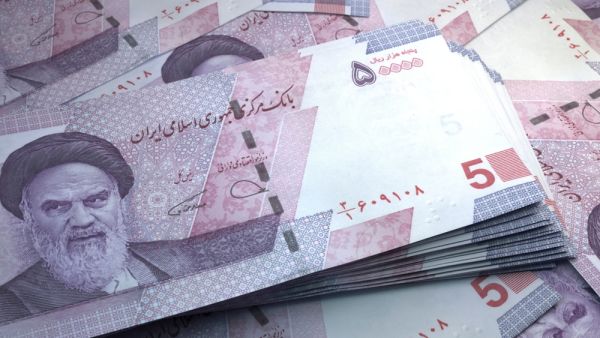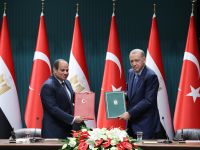ALBAWABA - Iran has announced that the United States has given approval for the release of $3 billion in Iranian funds that have been frozen in Iraq, Oman, and South Korea due to American sanctions. Hamid Hosseini, a board member of the Iran-Iraq Joint Chamber of Commerce, confirmed this development.
Previously, Hosseini had mentioned the approval of frozen Iranian assets at the Trade Bank of Iraq without specifying the amount. However, on Sunday, he confirmed that the US has agreed to the release of $3 billion in Iranian frozen assets across the three countries.
Impact of Trump's Sanctions on Iran's Foreign Assets
Former US President Donald Trump's hardline stance against Iran led to a series of economic sanctions that have significantly impacted the country's economy.
One of the key measures taken by the Trump administration was through the utilization of a new weapon called "secondary sanctions."
This allowed the administration to threaten foreign businesses, forcing them to choose between doing business with Iran or the US, with looming threats of denial of access to US financial markets.
Iranian Assets Frozen in Iraq and Oman
As a result of these sanctions, Iran has found itself unable to access billions of dollars worth of foreign assets. Iranian officials have reported that their frozen assets in Iraq alone exceed $6 billion, while the value of Iranian assets frozen in Oman has not been disclosed by Iranian officials.
Impact on Iran's Economy
A statistical investigation by ZiaieBigdeli, Gholami and TahmasbiBoldaji Torbat estimated the direct financial costs of these sanctions in three sections: foreign borrowing, financing oil projects, and the costs of financial sanctions.
South Korea's $8.5 Billion Stake in Iranian Assets
The impact of these sanctions has been significant on Iran’s economy, particularly as the country heavily relies on its oil industry for exporting. According to reports, Iran has also lost $160 billion in oil revenue since the imposition of sanctions. This has led to an increase in inflation and unemployment rates, which has fueled opposition against the President's economic policies.
Since 2018, when Trump withdrew from the 2015 nuclear deal and re-imposed sanctions, Iran's economy has suffered greatly. However, with the departure of Trump, who pursued a policy of "maximum pressure" against Iran, and the arrival of President Joe Biden, there has been a shift in the US approach.
The Biden administration has expressed willingness to re-engage in talks to revive the nuclear deal, which would provide sanctions relief in exchange for Iran's limitations on its nuclear program.
Furthermore, the Biden administration has revoked snapback sanctions previously claimed by the Trump administration and lifted travel restrictions on senior Iranian diplomats at the United Nations.
Last month, South Korea announced that it had reached an agreement with Iran regarding the release of Tehran's frozen funds in its banks, but emphasized that the agreement was subject to US approval. Overall, the chances of Iran gaining access to its frozen assets abroad have increased since Biden took office and signaled a more diplomatic approach towards Iran.







